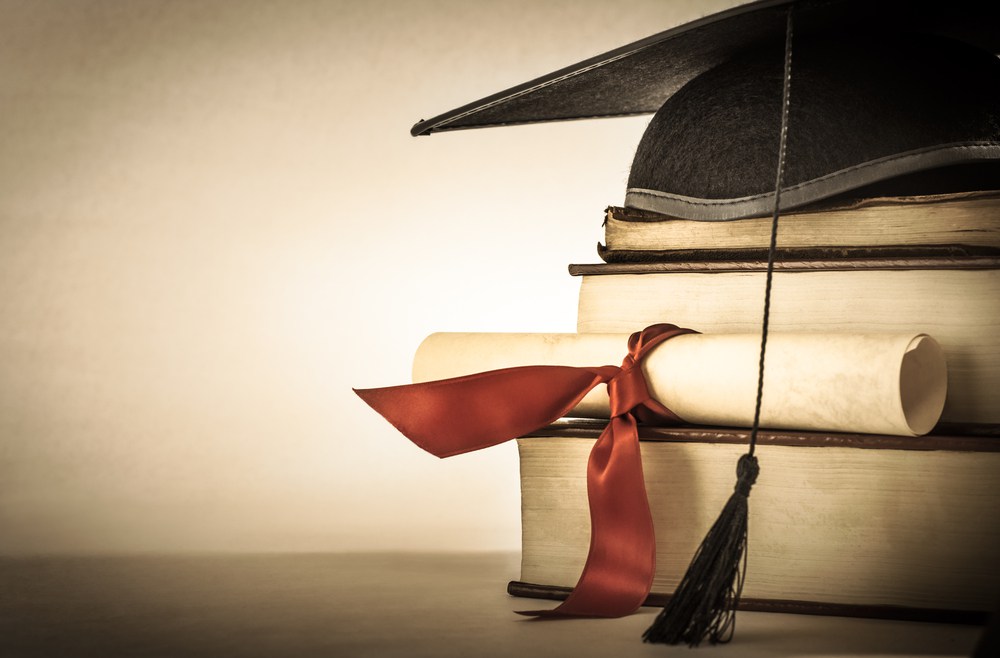The liberal arts is often portrayed to be a set of dying disciplines, a collection of studies with a long pedigree, but no practical applications in today’s world. Their continued existence is perennially up for debate. According to Statistics Canada, enrollment in Liberal Arts majors decreased by almost 6 per cent in 2015, and many universities are either decreasing their liberal arts offerings or combining the majors with other disciplines. While coming out of university with a Business degree might seem more economically tenable than exiting with a degree in, say, literature, a Liberal Arts degree is more than just a tenuous path to a job. It is a tool that facilitates communication and criticism. Liberal Arts degrees enable their recipients to discern fact from fiction in the world around them, a skill that is increasingly important in a ‘post-truth’ world.
“Liberal Arts” is a nebulous category that encompasses a multitude of disciplines, from the humanities to the social sciences. What these degrees all have in common is a basis in critical thinking and “cultural citizenship, through participation in the various conversations that constitute a culture.” In essence, a Liberal Arts degree facilitates cultural commentary and criticism, allowing students to step outside of cultural structures and comment on them. It provides its bearer with a way of thinking and a way of engaging with the world.
The importance of meeting the world with critical thinking skills cannot be overstated. Liberal Arts courses teach their students to question biased sources and challenge established precepts of thought. Students are taught to be sensitive to bias, and to look beyond what they are told. In an era of “fake news” and “alternative facts,” a Liberal Arts education helps its recipient to read and watch with a critical eye. According to The Economist, Americans shared 30 million false pro-Trump articles during the 2016 election cycle.
This kind of comfort with fake news is not exclusive to America—it is a phenomenon in Western politics at large. The rhetoric of a post-truth world is visible in Britain’s decision to leave the European Union, as supporters of Brexit reject reliable data and scoff at expert opinions. While Canada has not yet experienced such an egregious example of post-truth thought, the politics of falsehood prominent in its southern neighbour have begun to sneak across the border, most notably in the pushback against a Canadian carbon tax following Trump’s anti-climate change rhetoric.
While the fake news boom may seem like a baffling anomaly of the 21st century, it may also just be an unfortunate symptom of the Internet era. In his book “The Internet of Us,” philosophy professor and writer Michael Lynch argues that the Internet “blinds” its users from truth, as they come to rely on it as a news source. As Lynch gravely suggests, the inability to critically consume internet media hamstrings objective reasoning. Moreover, the internet undeniably provides an influx of information that is unprecedented in human history. Because of this, the people of the Internet age are perched on the edge of a radical reconceptualization of truth—the Internet may be an intended as an egalitarian sphere where anyone can speak their mind, but this egalitarianism can negate legitimacy as users come to trust online sources with no credentials.
These qualities of the online era, compounded by a political culture in which people no longer feel that they can trust established authorities, causes false sources to gain undue traction in public consciousness. Consequently, per The Economist’s observations on ‘the art of the lie’, “lies that are widely shared online within a network, whose members trust each other more than they trust any mainstream-media source, can quickly take on the appearance of truth.” It is imperative, then, for people to adjust themselves to an online culture in which truth is not always easy to find. To do this, responsible citizens need critical thinking skills and cultural literacy—skills that are traditionally associated with a Liberal Arts degree.
Educators and students must not lose sight of the importance of an education that teaches its recipient to responsibly consume and create media. Liberal Arts education provides the invaluable ability to not just discern truth, but to also shape what is perceived as “truth” through commentary. This is crucial today because the nature of truth itself is in question. Beyond any economic usefulness, a Liberal Arts degree might have, it allows its bearer to take part in shaping political and cultural paradigms in a period of flux.








